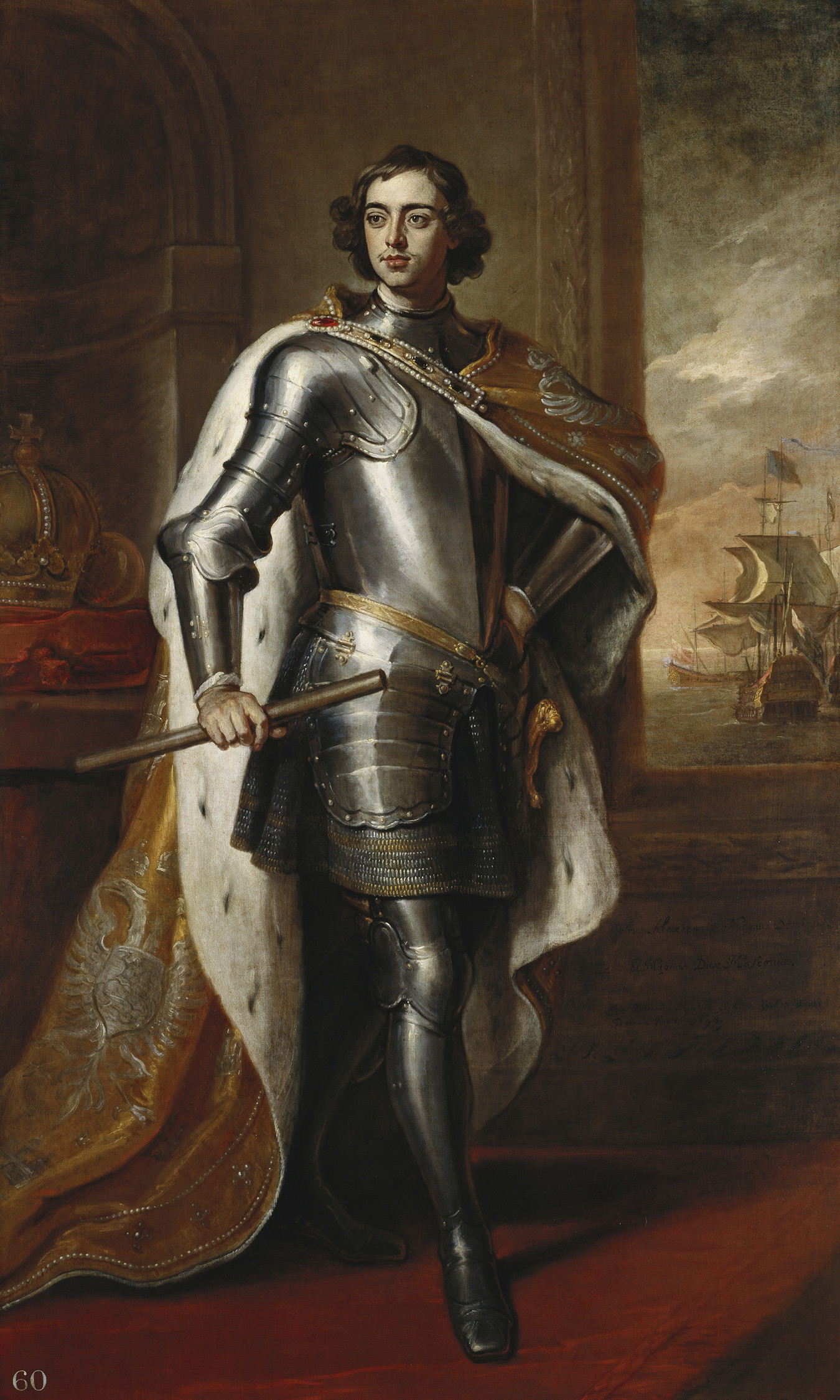The Maastricht Treaty was ratified by 12 democratic countries part of the European Union in 1992. The document clearly states from the start that this treaty is a cooperation between each country on the principles of economics and foreign policy. This treaty did not try to change the internal politics of each nation, but rather respected the national identities of its member states. The timing of the ratification of the document is interesting in that it is shortly after the fall of communism in Eastern Europe. Perhaps this document was an incentive for many former satellite states(including east Germany) to become democracies, as they could make a case to join the EU. I find the word choice in this document to be surprising, especially in Article A, as it refers to the benefits for the ‘citizen’ of each country. It gives the feeling that they are trying to build a community in an effort to bring prosperity, rather than another NATO which brings military implications. Article F even states that the Union will respect human rights, adding to this idea of benefiting the people.
One of the most important themes is the economic implications put in place by this document. In an attempt to create economic cohesion, the introduction of a single currency is put in place. A single currency helps stimulate trade activities as well as the free movement of goods. On the subject of foreign policy, Article B states the need for a common defense policy for each country to follow. This policy is understandable as if a number of nations are under attack or in war, it would disrupt the overall economy of the union. Lastly there is an emphasis on consistency throughout each member state as a whole. Internal justice and home affairs will not vary dramatically, but as mentioned before there is a respect for each national identity.
Why do you think this treaty calls for consistency on justice and home affairs? Why would countries want to join the European Union?



